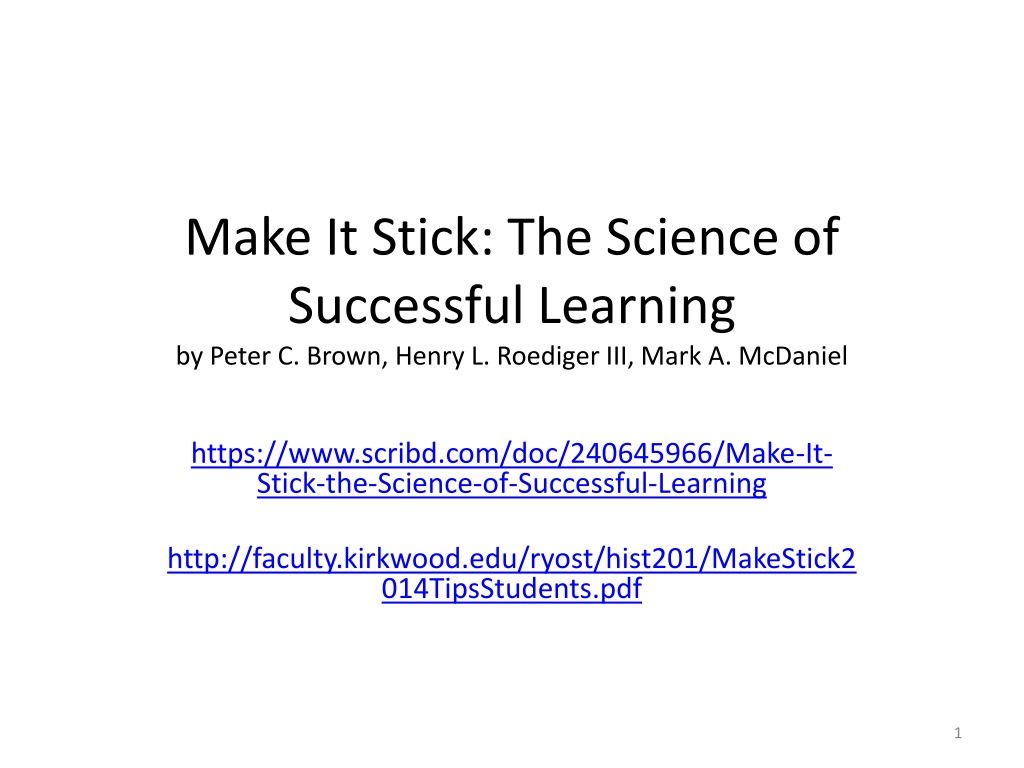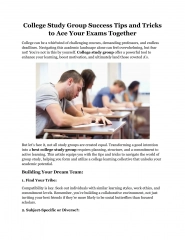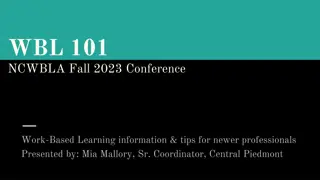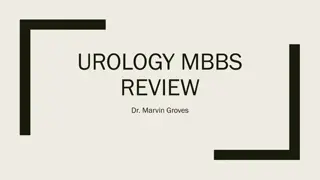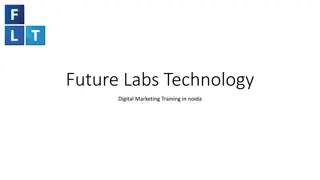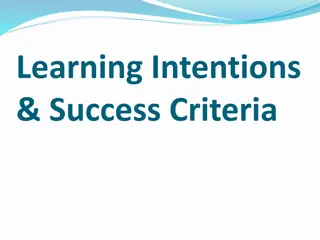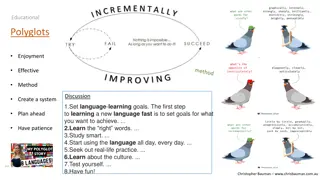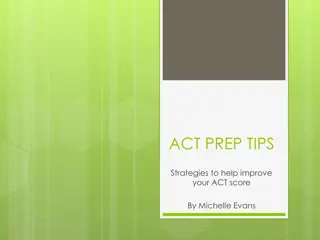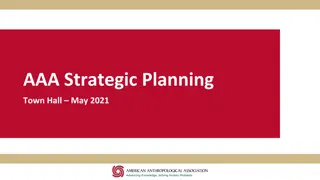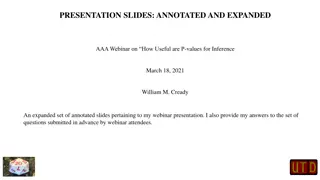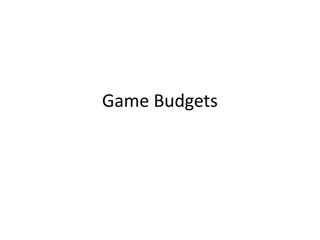Effective Study Strategies for Successful Learning
Effective study strategies outlined in the book "Make It Stick: The Science of Successful Learning" emphasize the importance of self-quizzing, spacing out retrieval practice, and interleaving the study of different problem types. By taking charge of their learning and embracing challenges, students can build expertise and enhance their capability to retain and apply knowledge effectively.
Download Presentation

Please find below an Image/Link to download the presentation.
The content on the website is provided AS IS for your information and personal use only. It may not be sold, licensed, or shared on other websites without obtaining consent from the author. Download presentation by click this link. If you encounter any issues during the download, it is possible that the publisher has removed the file from their server.
E N D
Presentation Transcript
Make It Stick: The Science of Successful Learning by Peter C. Brown, Henry L. Roediger III, Mark A. McDaniel https://www.scribd.com/doc/240645966/Make-It- Stick-the-Science-of-Successful-Learning http://faculty.kirkwood.edu/ryost/hist201/MakeStick2 014TipsStudents.pdf 1
Learning Tips for Students Most successful students are those who take charge of their own learning and follow a simple but disciplined strategy Significant learning is often, or even usually, somewhat difficult. You will experience setbacks. These are signs of effort, not of failure. Setbacks come with striving, and striving builds expertise. Effortful learning changes your brain, making new connections, building mental models, increasing your capability. 2
What are your study strategies? Practice Retrieving New Learning from Memory Space Out Your Retrieval Practice Interleave the Study of Different Problem Types THREE KEYSTONE STUDY STRATEGIES 3
Practice Retrieving New Learning from Memory Self- quizzing in place of rereading The familiarity with a text that is gained from rereading creates illusions of knowing, It is a misleading indicator of what you have learned, and it creates the false impression that you will remember the material. Compared to rereading, self- quizzing can feel awkward and frustrating, especially when the new learning is hard to recall. When you re struggling to retrieve new learning, you work hard to recall a memory, and this actually strengthens it. 4
Space Out Your Retrieval Practice Study information more than once but leaving considerable time between practice sessions. Sounds like practice-practice-practice But How and How often? Instead of rereading, quiz your self! It s a common but mistaken belief that you can burn something into memory through sheer repetition. Lots of practice works, but only if it s spaced. 5
Interleave the Study of Different Problem Types study more than one type at a time, so that you are alternating between different problems that call for different solutions. Your intuition may tell you to focus on many examples of one problem at a time, wanting to master the type and get it down cold Mixing up problem types improves your ability to discriminate between types, identify the unifying characteristics within a type, and help you succeed in a later test and in real- world 6
ELABORATION GENERATION REFLECTION CALIBRATION MNEMONIC DEVICES OTHER EFFECTIVE STUDY STRATEGIES 7
Other Effective Study Strategies ELABORATION The process of finding additional layers of meaning in new material. It multiplies the mental cues available to you for later recall and application of it GENERATION Attempt to answer a question or solve a problem before being shown the answer or the solution It makes the mind more receptive to new learning. 8
Other Effective Study Strategies REFLECTION The act of taking a few minutes to review what has been learned in a recent class or experience and asking yourself questions A combination of retrieval practice and elaboration that adds layers to learning and strengthens skills. CALIBRATION the act of aligning your judgments of what you know and don t know with objective feedback so as to avoid being carried off by the illusions of mastery that catch many learners by surprise at test time. For example, mistaking fluency with a text for mastery of the underlying content. MNEMONIC DEVICES like mental file cabinets that give you handy ways to store information and find it again when you need it. 9
You are highly recommended to learn about study strategies and implement them Read books similar to Make It Stick: The Science of Successful Learning by Peter C. Brown, Henry L. Roediger III, Mark A. McDaniel GOOD LUCK 10
